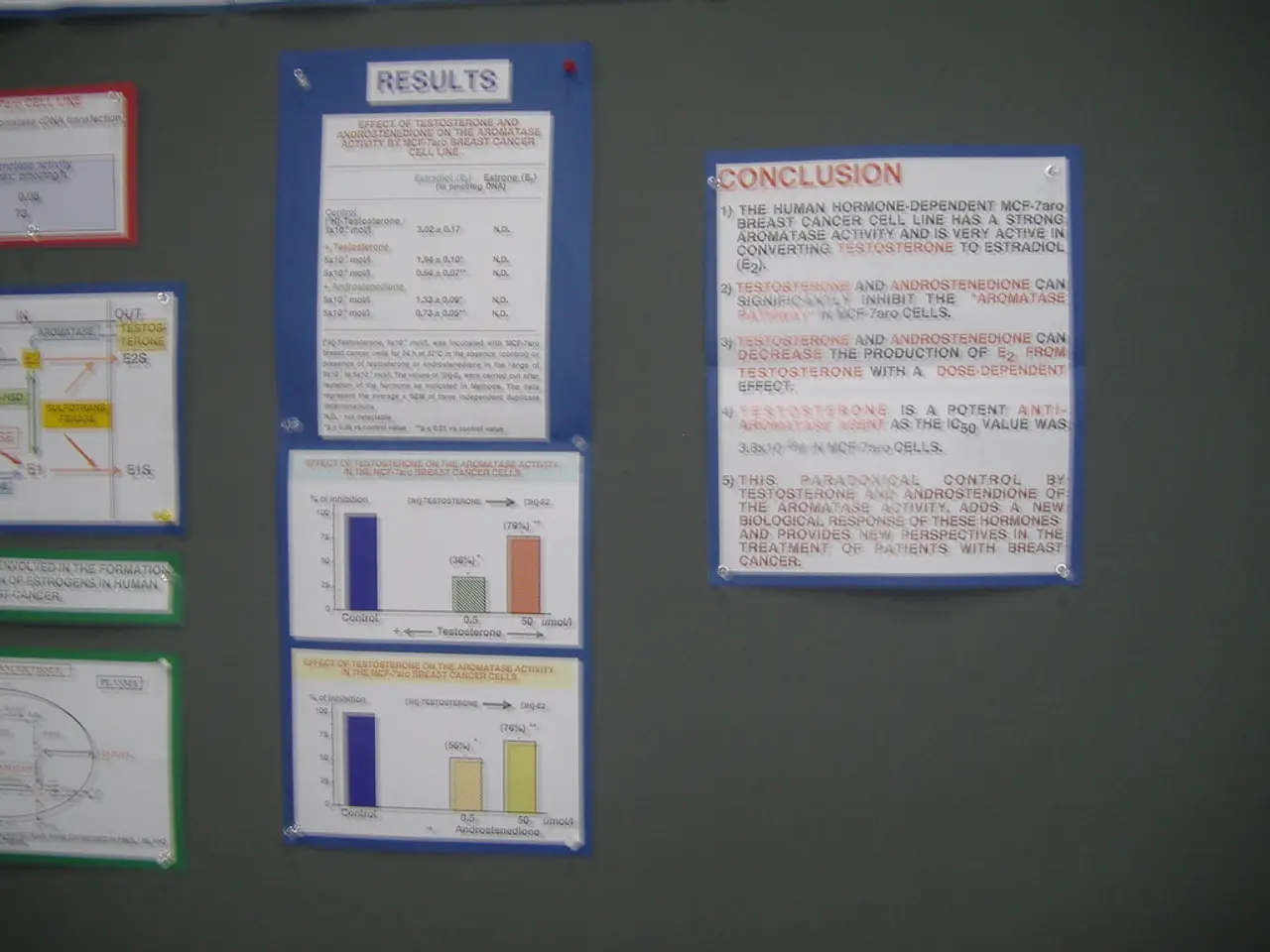Trade negotiations dilemma looms for Trump: Navigating challenging trade deals poses a strategic conundrum for the president
Struggling Economy and Trump's Stance
Trump's decisions are heavily influenced by the current state of the US economy. Recently, we've faced a slight economic hiccup, with the first quarter GDP dipping by 0.3% – a negative growth rate not seen since early 2022.
A Necessary Pullback
This economic slump can be attributed to multiple factors, with the trade tussles with China playing a significant role. The pre-deal tariffs have essentially frozen bilateral trade, with US ports bracing for massive drops in cargo volume and major retail giants like Walmart and Target predicting inventory shortages, leading to emptier shelves and higher prices.
Disruptions Galore
The trade skirmishes have led to market turbulence and have raised alarms about a potential US recession, with the IMF suggesting a 40% chance of one compared to 25% earlier in the year. These trade squabbles have impacted both imports and exports, contributing directly to the GDP calculations.
Furthermore, an influx of imports and natural disasters like California wildfires have added to the economic woes, damaging assets worth billions and slowing down economic activity.
Crisis in the Retail and Logistics Industries
The plunge in cargo shipments has resulted in supply chain glitches that could extend into the holiday season, causing delays and increased costs across retail and logistics industries. Layoffs are expected in these affected sectors due to inventory shortages and supply chain congestion.
Impact on Financial Markets and Currencies
US investors are turning their backs on sustainable funds due to uncertainty surrounding trade policies. The US dollar has weakened by approximately 6%, triggering foreign investors, particularly in Europe and Japan, to seek currency hedging due to increased losses in US stock holdings. Gold prices have shrunk as optimism about easing US-China trade tensions has reduced demand for safe-haven assets.
Global and Domestic Economic Forecast
The euro has gained strength against the dollar, posing challenges for European exporters dependent on the US market, potentially leading to a broader economic slowdown. The IMF has issued warnings about increased US recession risk linked to tariff-driven global economic disturbances, although it still anticipates the global economy to dodge a recession in 2025 as a whole.
In essence, the US economic slump is primarily driven by trade-induced disruptions with China, causing severe supply chain problems, diminished cargo shipments, and increased costs for both consumers and businesses. These trade conflicts have heightened recession risks, affected financial markets, and contributed to the first quarter's GDP drop.
- Amidst the struggles in the economy, diverse opinions have emerged about Trump's stance on trade with China, with some believing that the pre-deal tariffs are exacerbating the economic woes rather than alleviating them.
- The arts industry, relying heavily on exports, expresses concern over the trade tensions, fearing that the prolonged economic slowdown could impact the growth of their businesses and the overall revenue.
- Financial analysts have opined that the current trade disputes could potentially impact the business sector beyond the immediate consequences, with long-lasting effects on both the stock market and the value of the dollar, a significant factor in trade and global finance.




